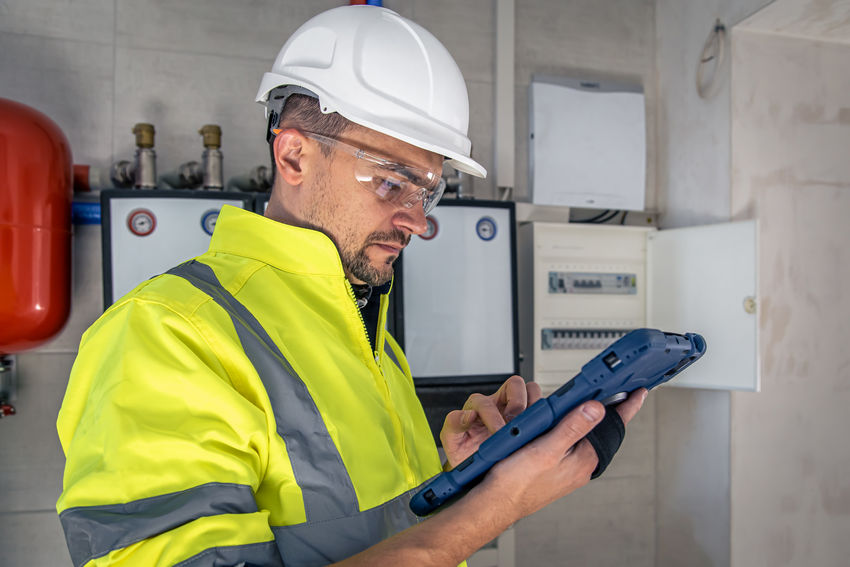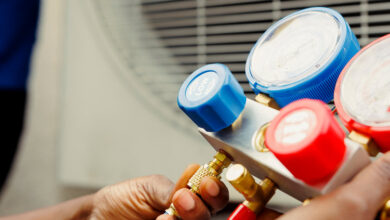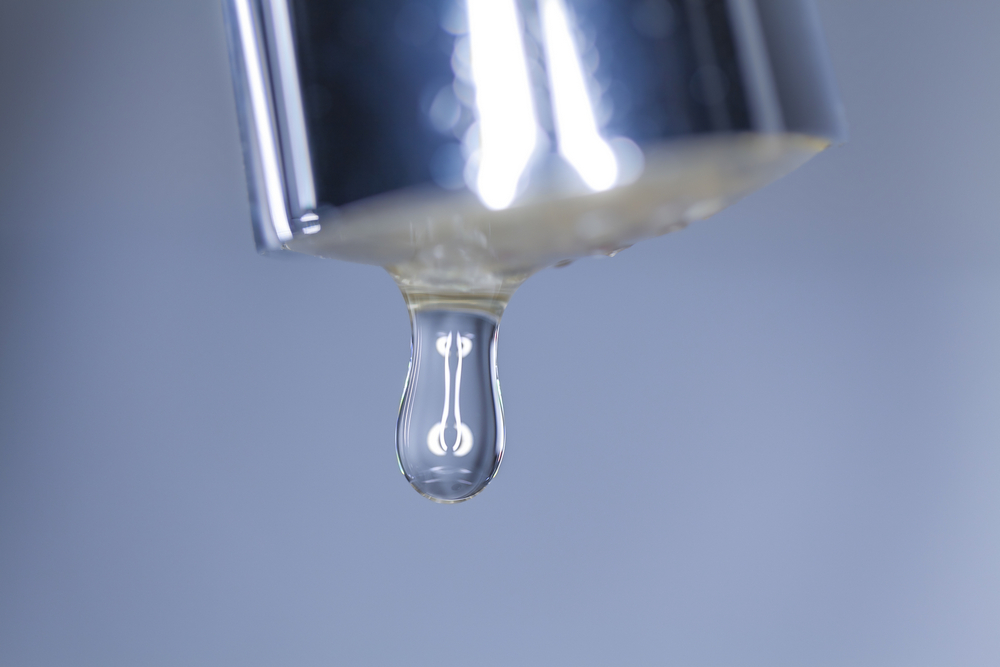Future Forward: How Smart Apps, AI Boost Efficiency in HVAC & Plumbing
By JG van Graan

Smartphone applications are revolutionizing how HVAC and plumbing professionals do their jobs, offering a variety of tools for modernizing and streamlining workflows. These apps cover various functions, from diagnostic processes and customer service to project management and everything in between.
Some apps enable technicians to monitor and adjust HVAC systems for diagnostic purposes remotely. This remote capability enhances efficiency and reduces the frequency and need for onsite visits, which can be particularly beneficial for servicing rural or hard-to-reach locations.
Customer service management is another key area where these apps excel. They offer features such as scheduling, invoicing and client communication, which can be invaluable. The ability to quickly schedule appointments, send automated reminders and manage billing through these apps streamlines operations and reduces administrative overhead. Other apps focus on project management for handling multiple projects simultaneously. Features like scheduling, task assignment and progress tracking help efficiently juggle various projects, ensuring deadlines are met while maintaining work quality.
AI: The intelligent backbone of modern HVAC and plumbing
Artificial Intelligence is quickly becoming the backbone of modern HVAC and plumbing systems, changing for the better how these essential services are managed and optimized. AI’s implementation ranges from smart diagnostics to efficient design, reflecting a significant shift in how building environments are controlled and how resources are managed.
AI-driven technologies so far have proven their greatest potential in analyzing exceptionally large sets of data collected from numerous sensors and system inputs. These AI systems can predict when maintenance is required, saving time and resources and enhancing the longevity and reliability of HVAC systems.
By preemptively identifying potential faults, AI prevents minor issues from escalating into significant failures while ensuring continuous and efficient operation. AI also optimizes energy use by HVAC systems by analyzing factors such as building occupancy, external weather conditions and historical data. The algorithms can adjust system operations in real time to maintain optimal environmental conditions while minimizing energy usage.
In plumbing, AI helps to detect and prevent leaks. By analyzing flow patterns and pressure data, AI can quickly identify early problems that might indicate a leak or a failing component, allowing for rapid response and repair. This not only conserves water and reduces utility bills, but also prevents the potential damage and inconvenience caused by unchecked water leaks.
Training and continuous learning: The path forward
While adopting smart apps and AI is promising, it also requires a shift in skills and training for professionals. Contractors must become comfortable interacting with these technologies and learn how to interpret and integrate their outputs into their daily operations. Vocational training programs and industry certifications are increasingly incorporating modules on smart technology and AI. Continuous learning is critical for professionals to keep pace with modern technologies.
Integrating smart apps and AI in HVAC and plumbing is a significant development for the industry. By enhancing efficiency and predicting maintenance needs, these technologies are addressing the increasing workforce challenges and paving the way for a more efficient, sustainable future.
The industry has embraced smart applications and AI, demonstrating how these technologies can be incredibly effective when augmenting human experience and expertise. As the industry continues to embrace these advancements, the role of skilled contractors remains vital, evolving alongside the technologies that are set to redefine the field.
JG van Graan is director of ThermoGrid at ECI Software Solutions.
Image by pvproductions on Freepik




